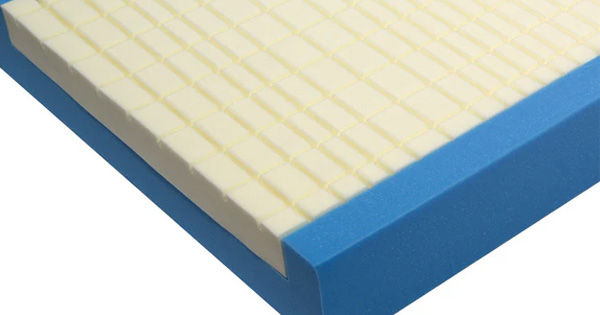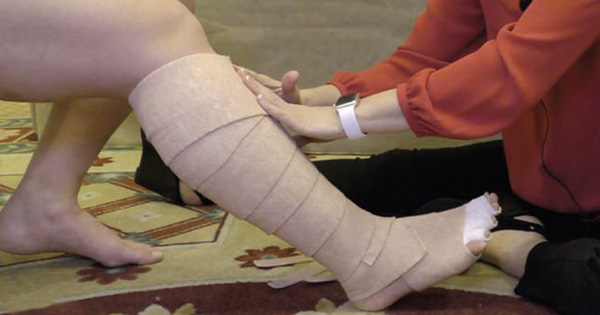Tackling healthcare-associated infections (HAIs) such as meticillin-resistant Staphylococcus aureus (MRSA) continues to be a key safety issue. As a result of surveillance, it was reported that the author’s trust, a secondary care provider, had a poor rating for MRSA bacteraemias. From April 2008 to March 2009, 12 patients developed a bacteraemia that through root cause analysis was found to be associated with their wound. This article describes the strategic and educational plan developed to address this trust-wide issue and its impact in reducing wound-associated MRSA bacteraemias. It also acknowledges the resulting changes in clinical practice.






